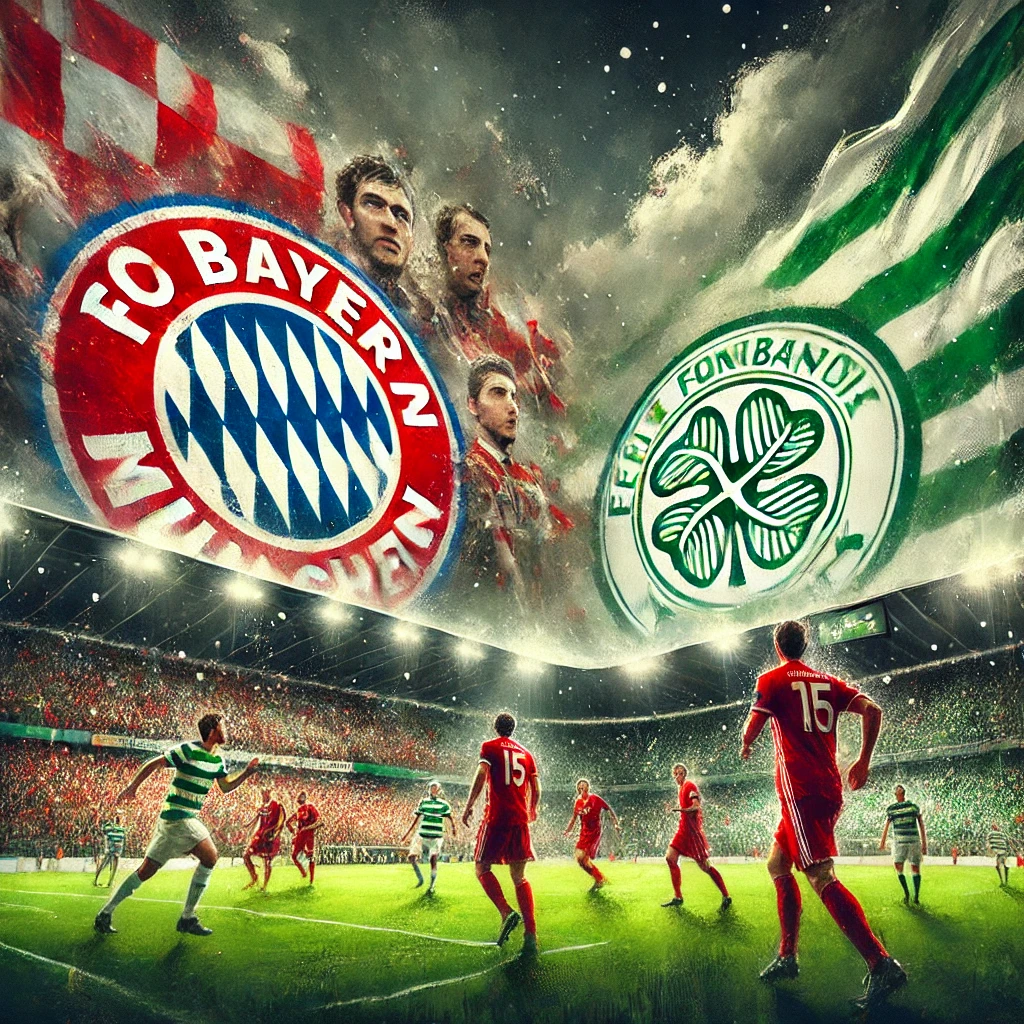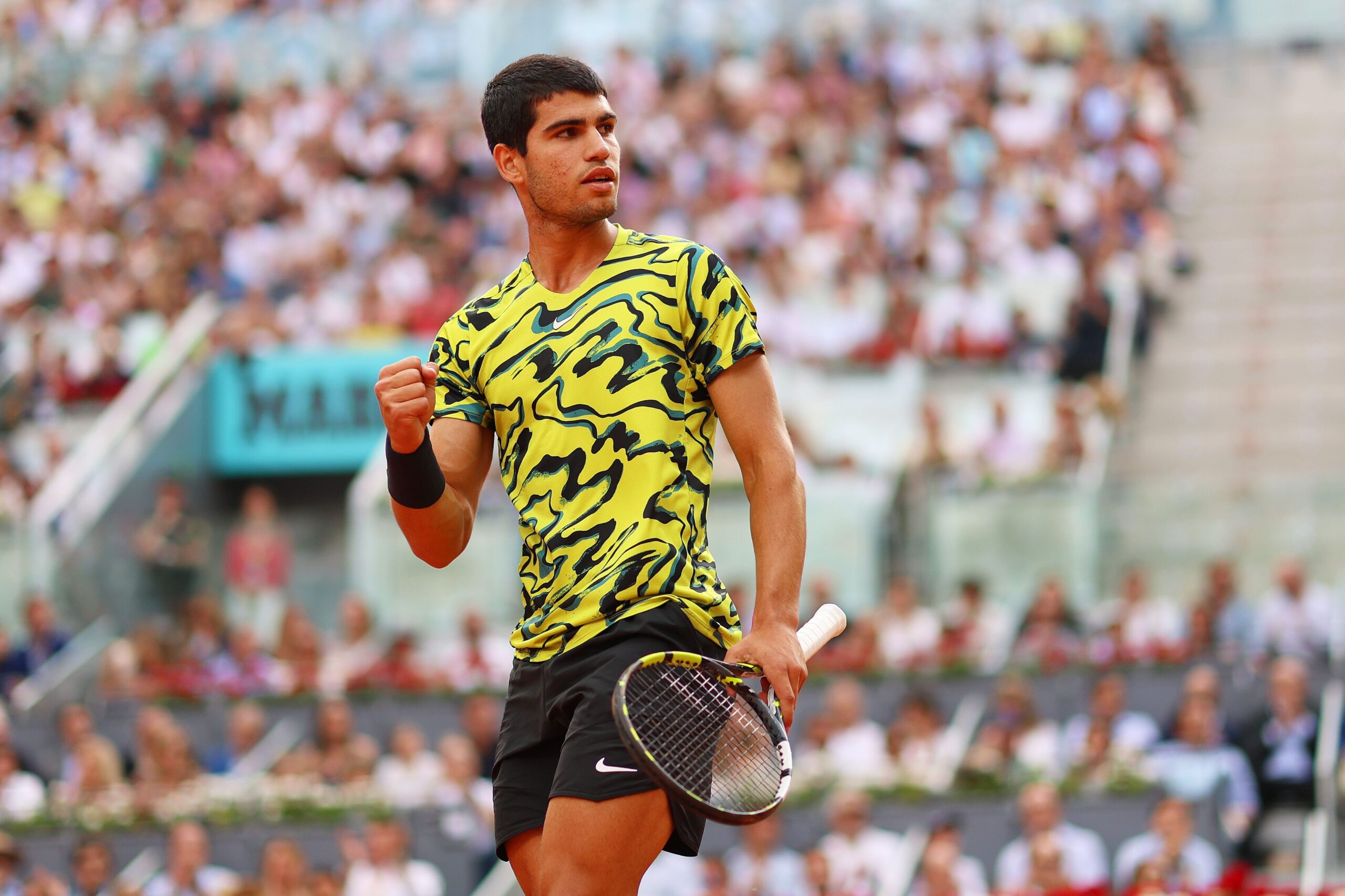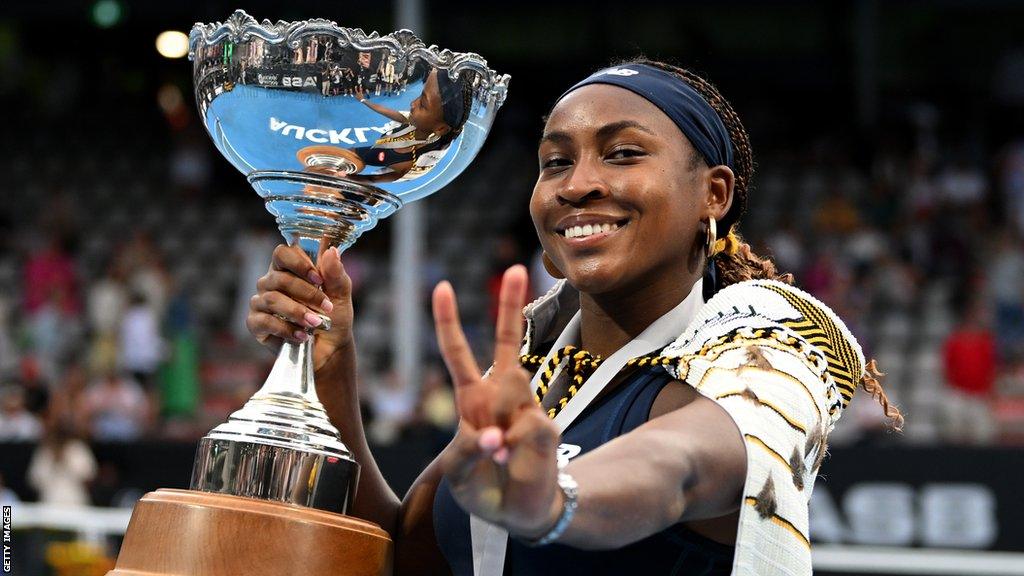The Rise of the Moroccan National Football Team: A Journey Through Success and Challenges
February 16, 2025 | by [email protected]
Introduction to the Moroccan National Football Team
The Moroccan national football team, known as ‘The Atlas Lions,’ represents Morocco in international football competitions. This esteemed team has a rich history, dating back to its formation in the early 20th century, which contributed significantly to the development of football in Morocco and the broader African continent. Football in Morocco has captivated fans and played a vital role in the nation’s cultural expressions, representing hope and unity among its diverse population.
The colors of the Moroccan football team—red and green—are deeply rooted in the country’s identity. These colors are not just emblematic of the team but also symbolize Morocco’s national heritage. The emblem features a prominent lion, reinforcing the team’s nickname and embodying the strength and pride of Moroccan football. Over the years, ‘The Atlas Lions’ have donned their jerseys in numerous matches, striving to bring glory to their nation on both African and international stages.
The significance of the Moroccan football team extends beyond mere sporting achievements. It serves as a source of national pride and unity, drawing support from a passionate fanbase. The fervor displayed by fans, especially during crucial encounters, highlights the deep emotional connections that individuals have with their national team. Matches such as the Morocco match today live against rival nations are highly anticipated events, fueling excitement and anticipation among supporters.
The Moroccan national team has witnessed numerous successes and challenges throughout its history, including participation in FIFA World Cup tournaments. As Morocco prepares for its bid to host the 2026 FIFA World Cup, and possibly the World Cup 2030, the journey of ‘The Atlas Lions’ remains significant, reflecting the evolution of football in Africa and the aspirations of a nation striving for excellence on the football pitch.
Key Milestones in the History of Moroccan Football
The history of Moroccan football is marked by numerous significant milestones that reflect the growth and evolution of the sport within the country. A pivotal moment for the Moroccan football team came in 1970 when they participated in their first FIFA World Cup in Mexico. This historic venture not only showcased their talent on a global stage but also fostered a sense of national pride and hope for the future of Moroccan football.
Another notable achievement occurred during the African Cup of Nations (AFCON), where the Moroccan national team has repeatedly proven its competitive spirit. The team clinched the AFCON title in 1976, which was a landmark victory that established them as a formidable force in African football. Over the years, Morocco has had several memorable outings in the tournament, further enhancing the legacy of Moroccan football and setting high expectations for upcoming generations.
The rise of Moroccan football can also be attributed to the contributions of exceptional players who have made their mark both locally and internationally. Legends like Ahmed Faras and Mustapha Hadji have inspired many young athletes to pursue their dreams in football. Their performances in major leagues around the world have not only raised the profile of Moroccan football on a broader scale but have also created a pathway for future players.
As Morocco continues its pursuit for success, the team’s aspirations extend towards upcoming challenges like the 2026 FIFA World Cup and the Morocco World Cup 2030 bid. These future endeavors aim to solidify Morocco’s presence in the realm of international football, keeping the legacy of the Moroccan football team vibrant and inspiring. The evolution of the national team signifies not just achievements, but also the pride and passion of a nation united through football.
Famous Players Who Have Worn the National Jersey
Moroccan football has seen a plethora of talented players who have donned the national jersey, each contributing uniquely to the rich tapestry of the Moroccan football team. Among these legends, Ahmed Faras stands out as a key figure. Born in 1946, Faras is celebrated as one of the greatest Moroccan footballers, having made a significant mark during the 1960s and 1970s. His goal-scoring prowess led him to net an impressive 36 goals for the national team, a record that remained unbroken for many years. Faras’s tactical understanding and ability to finish were pivotal in the Moroccan success at the 1970 FIFA World Cup.
Another noteworthy player is Abdeljalil Junaid, who was instrumental in the national team during the 1980s. Junaid was known for his versatility on the field, being able to play both as a midfielder and a forward. His vision and creativity added depth to the Moroccan football squad, helping to elevate the team’s performance during his tenure. Junaid’s contributions were vital in establishing the Moroccan identity in international competitions.
In more modern times, Hakim Ziyech and Achraf Hakimi have emerged as global ambassadors for Moroccan football. Ziyech, known for his exceptional passing and dribbling skills, made headlines while playing for Ajax and more recently for Chelsea FC. His ability to create opportunities has been a game-changer for the Moroccan football team, particularly in crucial matches. On the other hand, Achraf Hakimi, who currently plays for Paris Saint-Germain, is regarded as one of the best full-backs in the world. His pace and tactical awareness make him an invaluable asset for Morocco, especially with the team’s aspirations for the upcoming World Cup bids for 2026 and 2030. These players represent the evolving legacy of Moroccan football, showcasing the talent and potential that persist within the national ranks.
Coaching and Management: A Key to Success
The journey of the Moroccan national football team has been significantly influenced by the vision and philosophy of its coaching staff. Over the years, various coaches have taken the helm, each bringing unique strategies and approaches that have shaped the team’s performance in international competitions. From the early days to the present, coaching changes have often reflected broader shifts within Moroccan football, altering the course of the team’s success as they prepare for events such as the Morocco 2026 FIFA World Cup bid.
One prominent figure in the history of the Moroccan football team is Hervé Renard, whose tenure marked a notable resurgence in the team’s fortunes. Renard’s tactical acumen and ability to harness the talents of players were critical during his time, leading the team to the Africa Cup of Nations and enhancing the collective spirit among the players. His approach emphasized disciplined defense and counter-attacking football, which not only improved the team’s competitive edge but also instilled a sense of resilience.
However, the role of coaching is not without its challenges. Coaches have faced immense pressure to deliver results on the field, especially during crucial fixtures like Morocco FC matches and Morocco match today live events. The expectations from fans and the footballing community can be daunting, leading to turnover in management. Strategic management has been crucial in navigating these pressures, with the Moroccan Football Federation increasingly focusing on supporting coaches with appropriate resources and training.
The balance between innovation and tradition also plays a vital role in Moroccan football’s coaching philosophy. Many managers have attempted to blend modern tactical methodologies with the rich footballing culture inherent in Morocco. Recognizing the importance of youth development and scouting has allowed the Moroccan national football team to field a dynamic squad capable of competing at the highest level, promising a bright future as they aim for the Morocco World Cup 2030.
Recent Performances and Achievements
The Moroccan football team has witnessed notable progress in its performance and achievements on the international stage in recent years, particularly highlighted by its participation in the latest African Cup of Nations and FIFA World Cup qualifiers. This upward trajectory has not only enhanced the team’s competitive edge but has also significantly elevated its standing in global football.
In the recent African Cup of Nations, Morocco showcased its prowess, demonstrating strong tactical play and resilience on the field. The team’s ability to navigate through tough matches and secure crucial victories was indicative of their preparation and dedication to the sport. This performance allowed Morocco to advance deep into the tournament, ultimately establishing itself as a formidable contender among the African nations. The professionalism displayed by the Moroccan football team revitalized their supporters and brought renewed hope for future tournaments.
Moreover, during the FIFA World Cup qualifiers, Morocco performed exceptionally well, solidifying its bid for the 2026 World Cup. With a blend of experienced players and emerging talents, Morocco’s strategies during these matches reflected an improved understanding of the game along with tactical adaptations that were well-received by both fans and analysts alike. The team’s commitment to training and development has resulted in a more cohesive unit that can compete effectively against stronger opponents.
As we look further, Morocco’s determination to excel in football is underscored by their ambitious goal of competing strongly in the upcoming World Cup 2030. The cumulative experiences gained from participation in vital matches, such as the compelling Morocco match today live, have reinforced the notion that the Moroccan football team is on a promising path. The team’s performances actively contribute to the growing interest in Moroccan football, bringing fans together to celebrate their successes and support their ambitions on the international stage.
The Influence of Football Culture in Morocco
The culture of football in Morocco extends far beyond the thrill of the game itself; it serves as a vital cornerstone of social fabric, economic development, and national identity. The Moroccan football team, often referred to as the backbone of the sport in the nation, has played a crucial role in fostering a sense of pride and unity among its citizens. As Moroccans gather to watch Morocco FC matches, whether in bustling city squares or cozy homes, they engage in a shared experience that transcends regional differences and social divides.
Football has also become a vehicle for social change in Morocco. Due to its popularity, initiatives aimed at promoting grassroots football have emerged throughout the country, giving youth opportunities to participate in organized sports. These introductory programs not only nurture future talent for the Moroccan football team but also teach valuable life skills such as teamwork, discipline, and leadership. Furthermore, these initiatives have garnered support from local communities and international organizations, illustrating how football can be leveraged to foster social cohesion and inclusion.
On an economic level, the passion for football has provided considerable economic benefits. Football clubs generate jobs, stimulate local businesses, and attract tourism, especially during major events such as Morocco match today live broadcasts or prestigious international tournaments. The excitement surrounding the 2026 FIFA World Cup bid adds further ambition for the nation, as the Moroccan football scene is set to gain more international visibility, driving investment in both sports and infrastructure.
Political morale also receives a boost from the success and struggles of the Moroccan football team. National victories in international competitions often serve as moments of collective joy, forging a unique bond among citizens and enhancing national pride. The allure and significance of Moroccan football extend far and wide, deeply influencing the country’s culture and unifying its diverse population.
Challenges and Future Prospects
The Moroccan national football team has made significant strides in recent years, yet it continues to face a variety of challenges that hinder its growth and success on the international scene. One of the major obstacles is the state of infrastructure within Morocco. Adequate training facilities and stadiums are crucial for nurturing talent and preparing the team for competitive events. However, many facilities remain outdated, limiting the ability of the Moroccan football team to conduct advanced training and compete effectively at high levels. Investment in modern infrastructure is necessary to create a conducive environment for player development and match readiness.
Financial constraints also pose a significant challenge to the Moroccan football team. While there have been efforts to secure funding through sponsorships and partnerships, the resources available to the Moroccan Football Federation are often insufficient. This limitation affects not only the operational aspects but also the ability to attract and retain top talent. Financial investment is essential for enhancing player development programs and ensuring competitive payment for players, which can help in building a more robust Moroccan football team.
Player development is another area that requires urgent attention. Although Morocco has a rich pool of talent, the mechanisms for scouting, training, and mentoring young players need to be more strategic and effective. Improving academies and youth training programs could ensure a consistent flow of skilled players, fostering a sustainable future for Moroccan football. However, the Moroccan Football Federation has begun to outline strategic plans aimed at enhancing the team’s competitiveness, especially in light of the ambitious goals set for the 2026 FIFA World Cup and the 2030 World Cup bid.
In the context of emerging talent, there is great potential for the Moroccan national football team to rise to new heights. Fostering young players and creating pathways for their integration into the senior team could be pivotal for future achievements. The combination of addressing infrastructure and financial challenges, alongside a commitment to player development, positions Morocco to build upon its successes and improve its standings in global football.
The Role of Fans and Community Support
The vibrant culture surrounding Moroccan football encapsulates the unwavering dedication of its fans, who play an instrumental role in the success of the Moroccan national football team. The emotional connection between supporters and players fosters an atmosphere that greatly influences performance during critical moments in matches. The passionate Moroccan fanbase elevates the spirit of football, turning stadiums into cauldrons of energy and excitement, especially during Morocco FC matches.
Fans of the Moroccan national team are known for their ability to create a lively environment that supports the players in both victorious and challenging times. Their presence at stadiums resonates deeply, often swaying the momentum of the game. Notably, large gatherings of supporters can be seen wearing the national colors and chanting historically rich songs, which not only intimidate opposing teams but also uplift the morale of the Moroccan football team. This dynamic enhances the feeling of unity, as the community rallies behind its players, hoping for success on international stages, including the upcoming Morocco 2026 FIFA World Cup bid.
With the advent of social media, the relationship between fans and the Moroccan football team has strengthened immensely. Platforms like Twitter and Instagram allow fans to engage directly with players, providing real-time support and feedback. The excitement around Morocco match today live generates a significant digital presence, where fans share their thoughts, emotions, and highlights, further igniting interest in Moroccan football. Community events, such as local screenings of matches, not only facilitate the gathering of fans but also contribute to the overall support structure of the team.
In conclusion, the integral role of fans and community support cannot be overstated, as they embody the spirit of Moroccan football and bolster the national team during critical competitions, thus driving the trajectory toward potential success in future tournaments, including the Morocco World Cup 2030.
Conclusion: A Promising Future Ahead
As we reflect on the journey of the Moroccan national football team, it becomes evident that the path to success has been paved with both achievements and challenges. From their remarkable performances in regional tournaments to the growing strength of Moroccan football at the club level, the team has displayed resilience and a commitment to excellence. The evolving landscape of Moroccan football, supported by a passionate fan base and dedicated coaching staff, has set the stage for further success in international competitions.
One of the pivotal moments in the future of the Moroccan football team will be their participation in upcoming tournaments, including the potential for the 2026 FIFA World Cup bid. This opportunity emphasizes Morocco’s ambition to showcase its talent on a grand stage and is a testament to the vision shared by players, coaches, and supporters. Moreover, the prospects of Morocco hosting the World Cup in 2030 only amplify the motivation within the squad. Enthusiastic fans eagerly anticipate the thrilling Morocco match today live, as well as future clashes that will undoubtedly inspire generations.
The integration of young and established players within the Moroccan football team promises to create a dynamic and competitive environment. By fostering a spirit of unity and collaboration, Morocco is primed to rise further in the international football arena. As anticipation builds for upcoming Morocco FC matches, it is clear that the dreams of Moroccan football extend beyond mere participation. The collective aspirations of everyone involved in the sport echo a desire for glory and recognition in world football. As the Moroccan national football team continues its steady ascent, there is an unmistakable optimism about the journey ahead.
RELATED POSTS
View all



